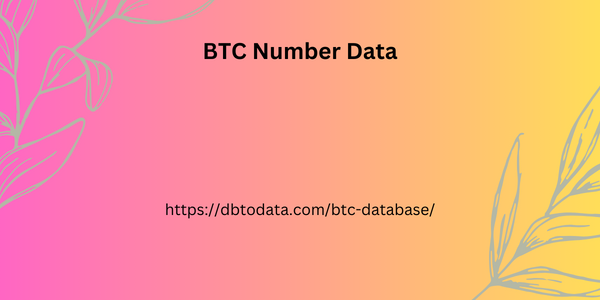Post by account_disabled on Mar 5, 2024 22:33:00 GMT -5
The resale of fuels and petroleum derivatives is the market from which the largest number of reports of cartel practices arise. Such complaints correspond to a third of the total representations received in the Brazilian Competition Defense System (SBDC), which currently investigates approximately fuel cartels.
CADE, the highest authority in the SBDC, has already condemned companies for committing cartels in the fuel resale market in the cities of Florianópolis, Goiânia, Brasília, Lages (SC), Belo Horizonte and Recife.
In effect, the sector is prone to the formation of cartels due to characteristics that are peculiar to it, such as a homogeneous product, similar costs, regulatory barriers, which make it difficult for new competitors to enter, and active action on the part of unions and associations, in order to assist in standardizing or coordinating the commercial conduct of its affiliates.
On the other hand, the experience gained in analyzing the complaints, in considerable quantity, enabled the SBDC bodies to reach some findings. Firstly, it was found that an extremely small number of cases involving cartels in BTC Number Data the fuel sector actually resulted in convictions. The vast majority of cases were, in the end, archived, even though they required a large expenditure of public resources during the investigation and trial process.

As causes of the failure of the investigations carried out, three factors can be listed. Initially, an informational problem must be recognized, which leads consumers and other reporting agents to offer representations without a minimum basis for an investigation. Not only that, but possible regulatory problems end up favoring possible collusion in this market. Furthermore, erroneous analyzes in the SBDC may result in sub-punishment of offenders, in order to encourage the generation and continuity of collusive arrangements in the fuel resale market.
Another important observation was made. The evidence commonly used as a basis for representations of cartel practice in this market is the existence of similar prices at dealer stations. However, despite constituting evidence of anti-competitive practice, the mere parallelism of prices between gas stations is not sufficient to classify cartel conduct, punishable under antitrust law.
CADE, the highest authority in the SBDC, has already condemned companies for committing cartels in the fuel resale market in the cities of Florianópolis, Goiânia, Brasília, Lages (SC), Belo Horizonte and Recife.
In effect, the sector is prone to the formation of cartels due to characteristics that are peculiar to it, such as a homogeneous product, similar costs, regulatory barriers, which make it difficult for new competitors to enter, and active action on the part of unions and associations, in order to assist in standardizing or coordinating the commercial conduct of its affiliates.
On the other hand, the experience gained in analyzing the complaints, in considerable quantity, enabled the SBDC bodies to reach some findings. Firstly, it was found that an extremely small number of cases involving cartels in BTC Number Data the fuel sector actually resulted in convictions. The vast majority of cases were, in the end, archived, even though they required a large expenditure of public resources during the investigation and trial process.

As causes of the failure of the investigations carried out, three factors can be listed. Initially, an informational problem must be recognized, which leads consumers and other reporting agents to offer representations without a minimum basis for an investigation. Not only that, but possible regulatory problems end up favoring possible collusion in this market. Furthermore, erroneous analyzes in the SBDC may result in sub-punishment of offenders, in order to encourage the generation and continuity of collusive arrangements in the fuel resale market.
Another important observation was made. The evidence commonly used as a basis for representations of cartel practice in this market is the existence of similar prices at dealer stations. However, despite constituting evidence of anti-competitive practice, the mere parallelism of prices between gas stations is not sufficient to classify cartel conduct, punishable under antitrust law.
